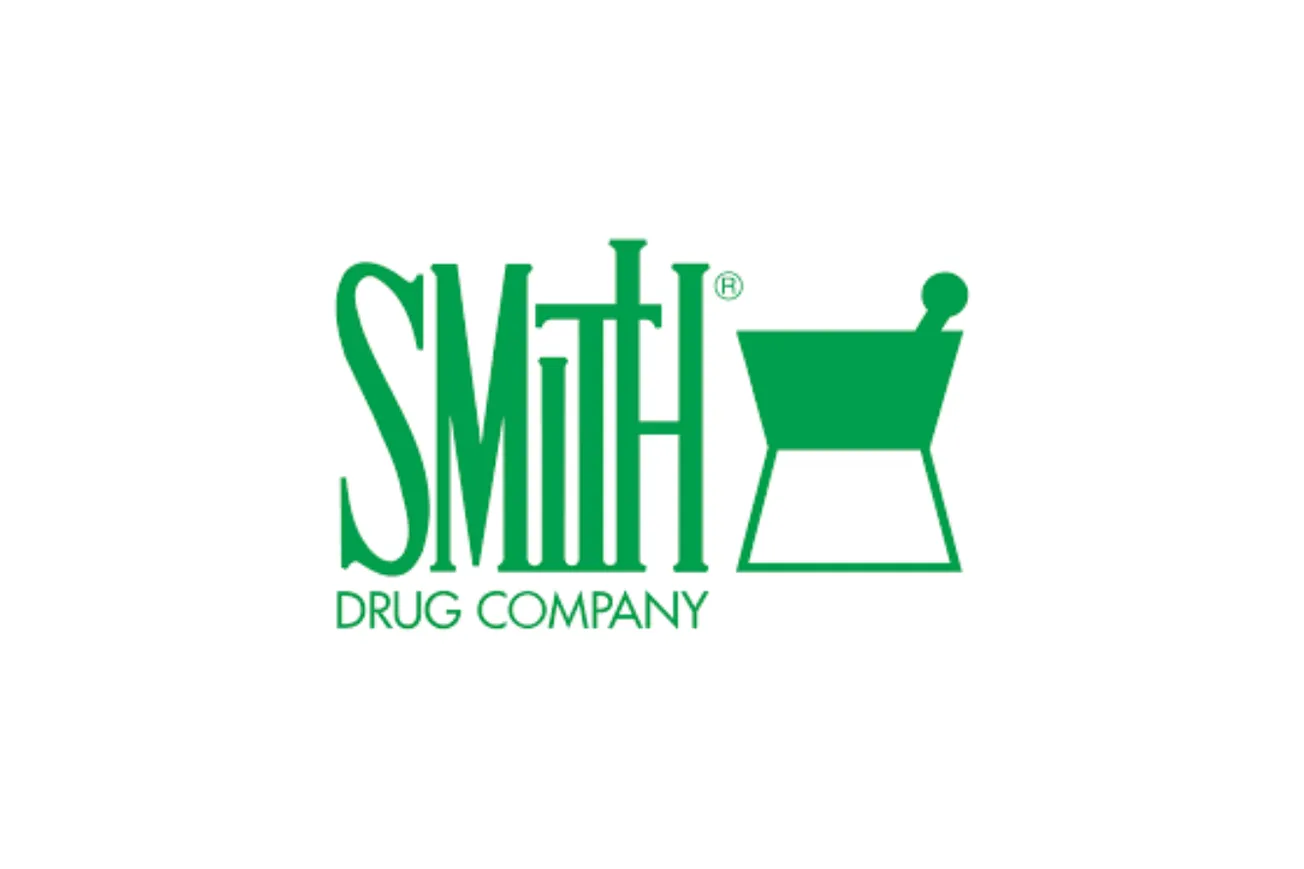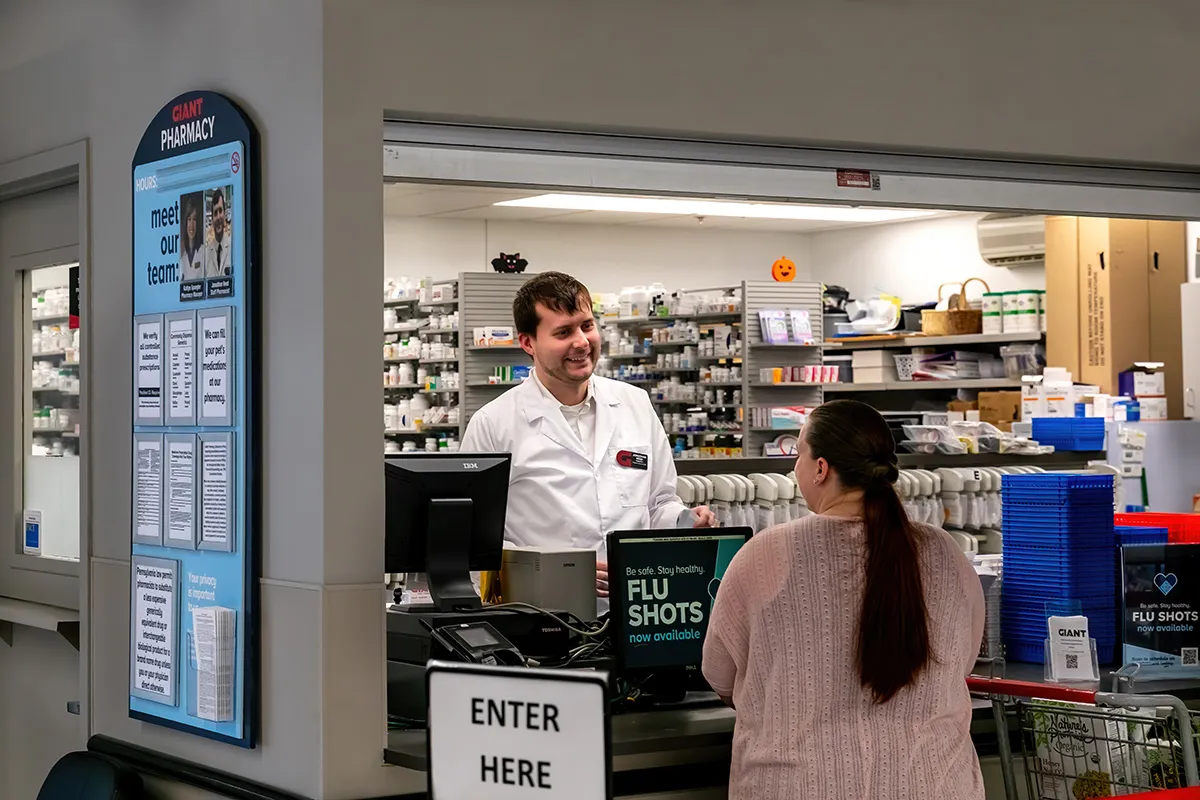WASHINGTON – The Council for Responsible Nutrition has issued a statement cautioning against the misuse of vitamin A in an attempt to prevent measles.
“Measles is a serious and highly contagious viral disease that can lead to severe health complications,” said Andrea Wong, Ph.D., Senior Vice President, Scientific & Regulatory Affairs, CRN. “Treatment and care for measles should always be conducted under the guidance of a qualified healthcare practitioner.”
While vitamin A is essential for vision, growth, reproduction, and immune function, CRN emphasizes that it is not a substitute for vaccination. Research has not established vitamin A’s effectiveness in preventing measles infection.
CRN expressed concern over reports of misusing high-dose vitamin A, particularly for children. As a fat-soluble vitamin, vitamin A accumulates in the liver, and excessive intake of preformed vitamin A can lead to toxicity. Potential health risks include liver damage, headaches, dizziness, nausea, and, in severe cases, more serious complications. During pregnancy, excessive vitamin A intake can also pose risks of birth defects.
The tolerable upper intake level (UL) for preformed vitamin A is 3,000 mcg daily for adults, with considerably lower limits for children depending on age. CRN strongly urges consumers not to exceed these levels unless directed by a healthcare provider.
Vitamin A may be administered therapeutically to individuals already infected with measles, particularly in children with vitamin A deficiency, as it has been shown to help reduce disease severity and complications. However, this use is a targeted, short-term medical intervention and not a preventive measure. It should only be done under the supervision of a qualified healthcare professional.
“Consumers must make informed decisions and consult qualified health professionals before giving supplements to children—especially in large doses,” added Dr. Wong. “Vitamin A is important for health, but more is not always better. Parents should rely on medically approved preventive measures, such as vaccination, to protect their children against measles.”
For more information on responsible supplement use, visit www.crnusa.org.








